Untitled Goose Game Works Because If I Was Playing A Human Person I Would Still Feel Terrible For Attacking
untitled goose game works because if i was playing a human person i would still feel terrible for attacking people at random and stealing their possessions even though i know that neither i nor they are real, but since i'm doing all of that as my bastardsona i feel that it is not only my right but my duty to inflict as much havoc and mild vexation as possible on the unsuspecting population of NPCs
More Posts from Octopussmayhem and Others

well, it’s TRUE!…..
Give Me Coffee or Give Me Death!

Why does Heaven hold everything to ransom?
In the Job intervention we see that Heaven actively allows Hell to commit evil acts against a loyal man of God. The cruelty of these acts are obvious to Crowley and Aziraphale and presumably Hell too. Yet the institution of Heaven is completely out of touch with why destroying a person's children might be wrong, even if you give them new children afterwards. Still worse, Heaven only sees fit to reward Job with new children if he continues to love God after seeing his own children crushed under a building. We know that this does not track with the idea of the side that's supposed to represent goodness, truth and light.

It is the same with Armageddon, Heaven promises everlasting peace but at the cost of all creation. Hell certainly has its part to play, of course , but you'd generally chalk the destruction of all creation up to being an evil thing, so Hell's really just doing their job. Heaven on the other hand holds the world ransom for the sake of testing it.

With Heaven operating in this way surely Hell becomes a default state with anything that Heaven offers as an alternative qualifying as the greatest good despite just being a bit better than eternal torment. As Metatron points out to Maggie, given the choice between coffee and death, people will choose coffee every time. It seems that Heaven uses good as a means to control humans (and Angels) rather than as ends to itself which many humans understand it to be.

Of course it's all ineffable, but I don't think that Aziraphale was wrong to want to go and make things better in Heaven (and presumably down here too), rather than abandon creation to its whims. But that doesn't make his euphoria about being invited back any less spooky. I hope he's okay up there, he is my fave.

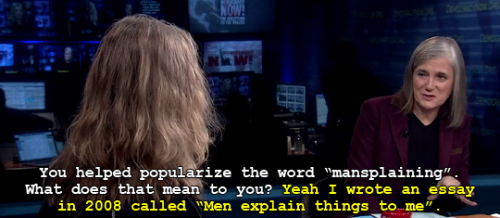
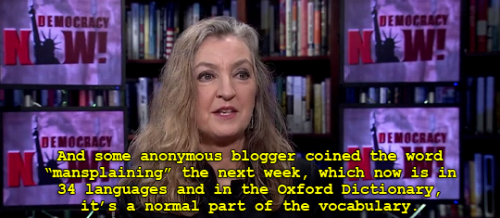
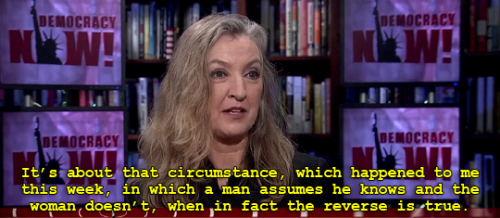
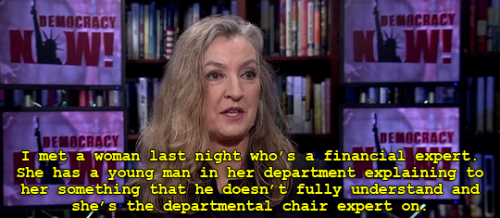
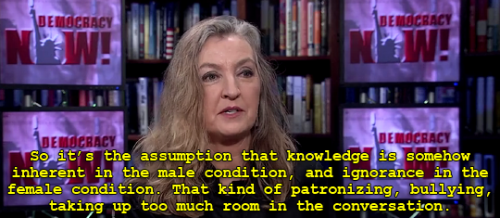
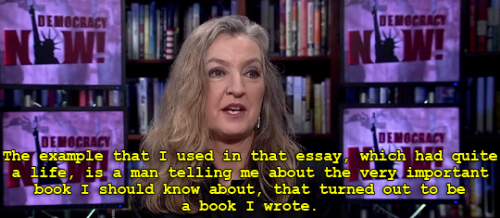
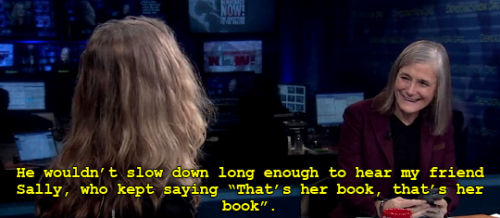
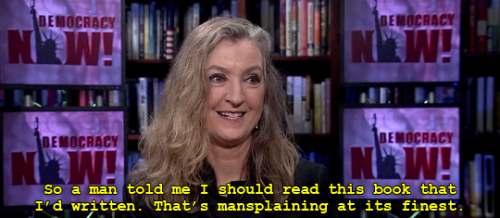
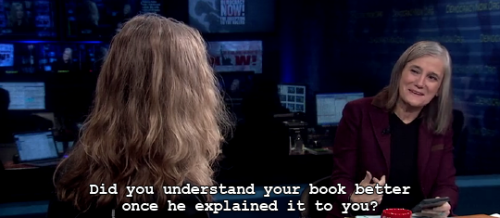
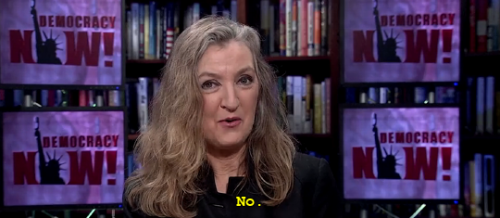
Far too amusing not to shRe
Jaime and Brienne, a summary, part four



Keep reading
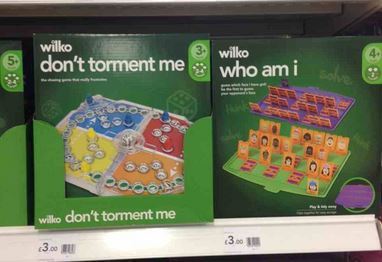
#Good omens #Crowley
Hello Mr. Gaiman,
First of all, HUGE fan of Good Omens (both the book and show). I don’t remember the last time I’ve been so enthralled by characters and a story. I absolutely adored Season 2 and have been recommending the show to all my peers. It’s also inspired me to get back into my art, so I thank you for that.
Okay, on to the question: I’ve been on my n’th rewatch of the show and am a little confused with something regarding how Crowley talks about his fall. Throughout the whole first season he’s going on about how he didn’t mean to become a demon and only ever asked questions, hung out with the wrong people, etc. But then in season 2 he talks about remembering fighting in the Great War (regardless of whether he recalls poor Furfur being there). I feel like knowingly fighting in a war against the forces of Heaven must come with the expectation or at least consideration of being cast out or punished in some way. So why say “I only ever asked questions” when he evidently did much more?
I'm not sure that Crowley is the most reliable of narrators when talking about his Fall.
“What you are basically deep deep down, far, far in, is simply the fabric and structure of existence itself” - Alan Watts Love this poetic take by the philosopher Alan Watts on our inseparable connection to the Universe.
Wow!

Looks like wendy’s cake
I'm choosing to trust Neil Gaiman.


John Berkey, for Return of the Jedi, 1983
-
 bicarious reblogged this · 2 weeks ago
bicarious reblogged this · 2 weeks ago -
 standardhell liked this · 2 weeks ago
standardhell liked this · 2 weeks ago -
 artocelot liked this · 2 weeks ago
artocelot liked this · 2 weeks ago -
 alliariapetiolata liked this · 2 weeks ago
alliariapetiolata liked this · 2 weeks ago -
 bombastickon liked this · 2 weeks ago
bombastickon liked this · 2 weeks ago -
 void-of-erebos reblogged this · 2 weeks ago
void-of-erebos reblogged this · 2 weeks ago -
 teawithbee24 reblogged this · 2 weeks ago
teawithbee24 reblogged this · 2 weeks ago -
 cullen-cannons reblogged this · 2 weeks ago
cullen-cannons reblogged this · 2 weeks ago -
 megzpurple65 liked this · 2 weeks ago
megzpurple65 liked this · 2 weeks ago -
 cloudie-skay reblogged this · 2 weeks ago
cloudie-skay reblogged this · 2 weeks ago -
 cloudie-skay liked this · 2 weeks ago
cloudie-skay liked this · 2 weeks ago -
 void-of-erebos reblogged this · 2 weeks ago
void-of-erebos reblogged this · 2 weeks ago -
 goblingregg liked this · 3 weeks ago
goblingregg liked this · 3 weeks ago -
 thistlebackedwulver reblogged this · 3 weeks ago
thistlebackedwulver reblogged this · 3 weeks ago -
 thistlebackedwulver liked this · 3 weeks ago
thistlebackedwulver liked this · 3 weeks ago -
 three-green-waterbottles liked this · 3 weeks ago
three-green-waterbottles liked this · 3 weeks ago -
 ilikechocolatemcgee liked this · 3 weeks ago
ilikechocolatemcgee liked this · 3 weeks ago -
 photosynthefish-12 liked this · 3 weeks ago
photosynthefish-12 liked this · 3 weeks ago -
 tiddythename liked this · 3 weeks ago
tiddythename liked this · 3 weeks ago -
 lightsauce9999 liked this · 3 weeks ago
lightsauce9999 liked this · 3 weeks ago -
 cloveringclover reblogged this · 3 weeks ago
cloveringclover reblogged this · 3 weeks ago -
 cloveringclover liked this · 3 weeks ago
cloveringclover liked this · 3 weeks ago -
 theoin-ghosttown liked this · 3 weeks ago
theoin-ghosttown liked this · 3 weeks ago -
 thebeegalaxy liked this · 3 weeks ago
thebeegalaxy liked this · 3 weeks ago -
 knightcrafin reblogged this · 3 weeks ago
knightcrafin reblogged this · 3 weeks ago -
 knightcrafin liked this · 3 weeks ago
knightcrafin liked this · 3 weeks ago -
 thethorntree reblogged this · 3 weeks ago
thethorntree reblogged this · 3 weeks ago -
 kayjaysouth liked this · 3 weeks ago
kayjaysouth liked this · 3 weeks ago -
 caninecrowns liked this · 3 weeks ago
caninecrowns liked this · 3 weeks ago -
 sizzlingballoonbasement reblogged this · 3 weeks ago
sizzlingballoonbasement reblogged this · 3 weeks ago -
 sizzlingballoonbasement liked this · 3 weeks ago
sizzlingballoonbasement liked this · 3 weeks ago -
 missstevierae reblogged this · 3 weeks ago
missstevierae reblogged this · 3 weeks ago -
 missstevierae liked this · 3 weeks ago
missstevierae liked this · 3 weeks ago -
 void-of-erebos reblogged this · 3 weeks ago
void-of-erebos reblogged this · 3 weeks ago -
 palepinata reblogged this · 4 weeks ago
palepinata reblogged this · 4 weeks ago -
 palepinata liked this · 4 weeks ago
palepinata liked this · 4 weeks ago -
 pokegeek151 liked this · 4 weeks ago
pokegeek151 liked this · 4 weeks ago -
 basilhearsanoise reblogged this · 4 weeks ago
basilhearsanoise reblogged this · 4 weeks ago -
 blazerodd liked this · 4 weeks ago
blazerodd liked this · 4 weeks ago -
 araccoonthatlikesmurder reblogged this · 4 weeks ago
araccoonthatlikesmurder reblogged this · 4 weeks ago -
 just-a-pollicle liked this · 4 weeks ago
just-a-pollicle liked this · 4 weeks ago -
 thanksveryga reblogged this · 4 weeks ago
thanksveryga reblogged this · 4 weeks ago -
 shiningroyalty reblogged this · 4 weeks ago
shiningroyalty reblogged this · 4 weeks ago -
 megantron13 reblogged this · 4 weeks ago
megantron13 reblogged this · 4 weeks ago -
 fanningandcats reblogged this · 1 month ago
fanningandcats reblogged this · 1 month ago -
 youremyfriend-youremymission reblogged this · 2 months ago
youremyfriend-youremymission reblogged this · 2 months ago -
 sir-interesting-shockleton reblogged this · 2 months ago
sir-interesting-shockleton reblogged this · 2 months ago -
 mademoiselle-cookie reblogged this · 2 months ago
mademoiselle-cookie reblogged this · 2 months ago -
 rileethegirl reblogged this · 4 months ago
rileethegirl reblogged this · 4 months ago
